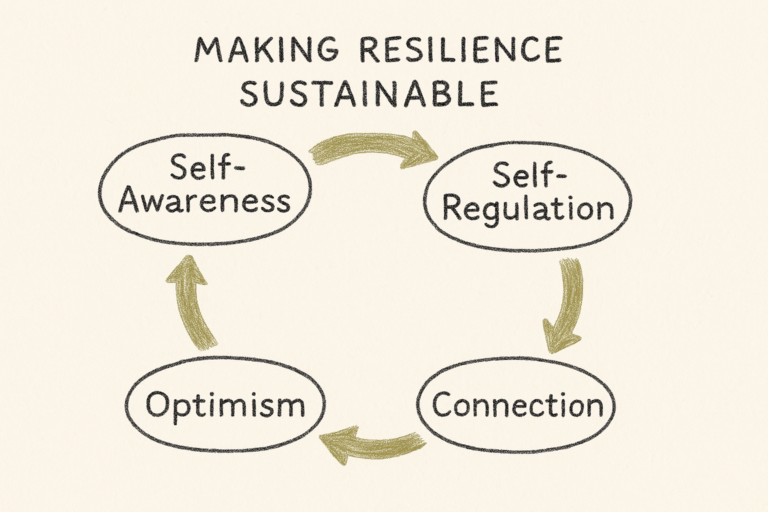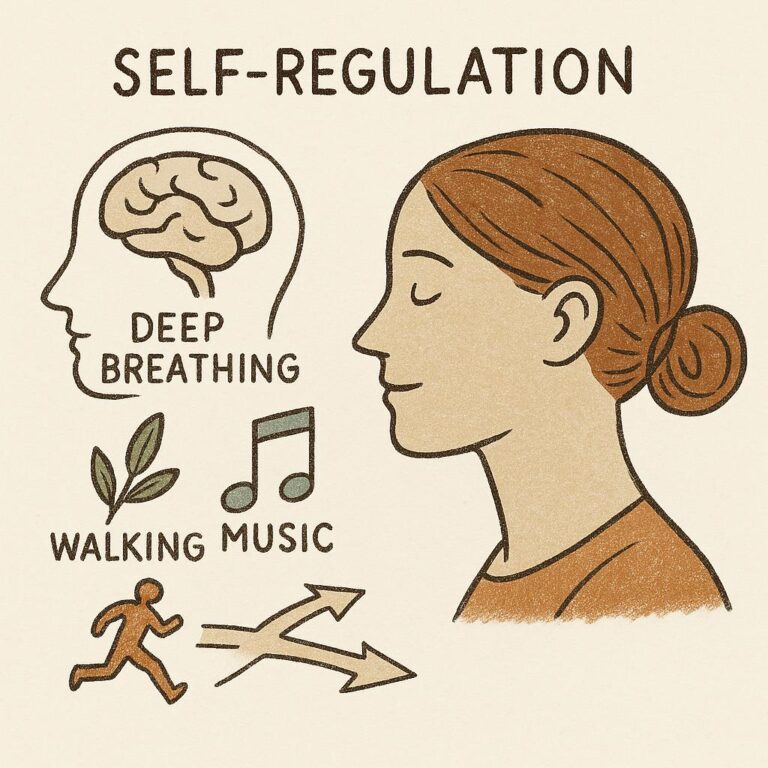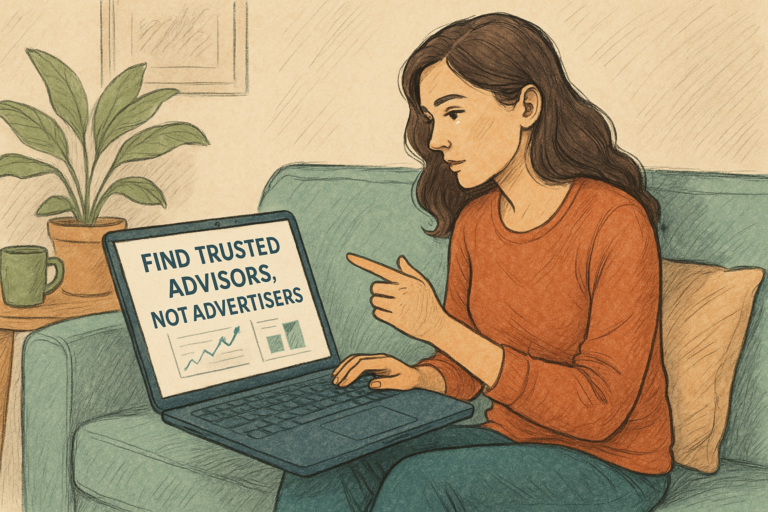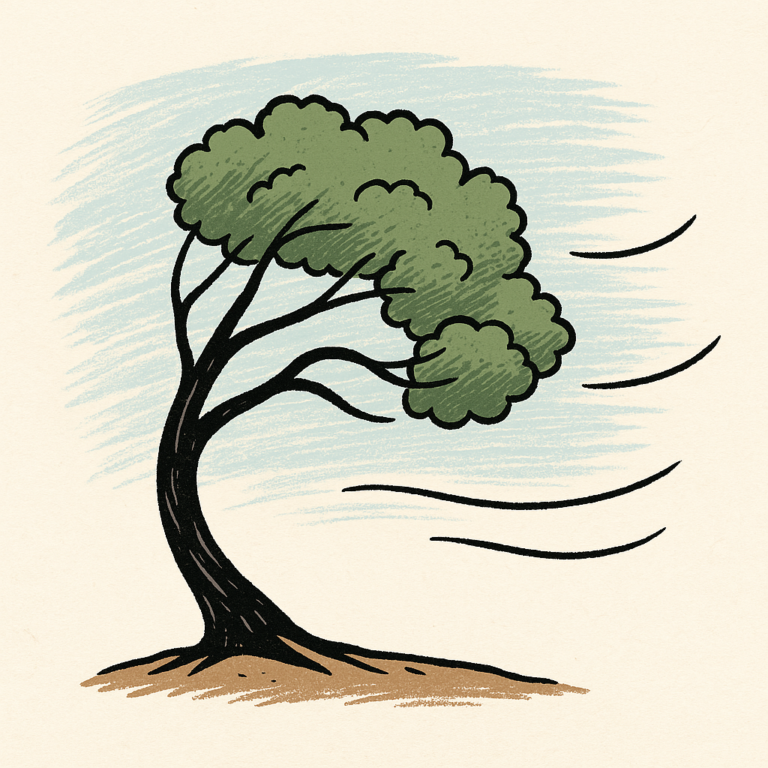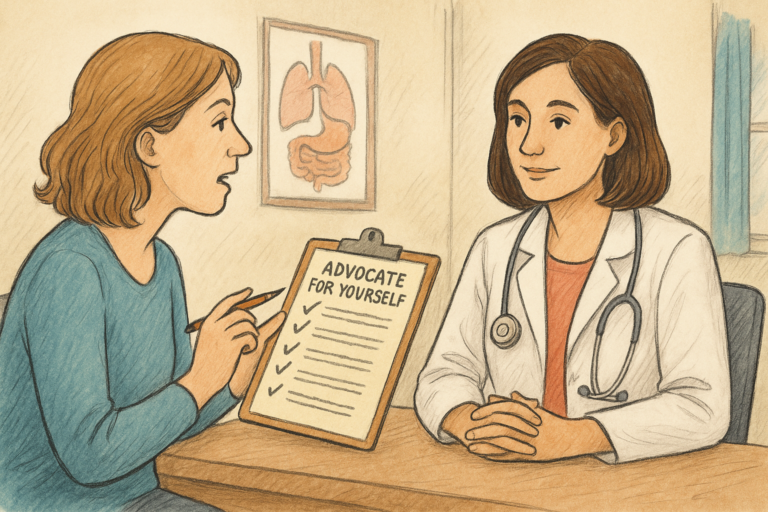The Science of Optimism
Hope, a Lesser-Known Science-Based Mindset
When you are deep in the messy business of life, nothing feels harder than the journey from despair to hope. I’ve been there. And while I had well-meaning people encouraging me along the way, I remember feeling quietly disheartened by their overly rosy outlook. In moments of real struggle, the phrase “just stay positive” can feel dismissive, especially when it comes from someone who isn’t living your reality. Or another overused optimism: “It will be okay.” Maybe?
I didn’t make the shift to being an optimist alone. My coach asked me one powerful question: What else could be true? That question cracked open the door. It gave me space to explore new interpretations and loosen the grip of all-or-nothing thinking. It didn’t erase the difficulty—but it made room for possibility.
And that’s the essence of realistic optimism. It’s not about pretending everything is fine. It’s about rewiring how your brain perceives stress and possibility. Let’s explore how the science backs this up—and why optimism is a science-backed resilience tool worth adopting.

Let’s be clear: Optimism isn’t pretending everything is fine. Real optimism is grounded in truth—and choosing hope anyway.
In the context of resilience, optimism is about believing there’s a path forward. Not because things are easy, but because you believe you can handle what comes next.
Optimistic people don’t ignore problems. They just don’t get stuck in them. They tend to see setbacks as temporary, challenges as solvable, and themselves as capable. That mindset doesn’t just feel good—it fuels action, creativity, and recovery. In short, optimism fuels action. And action builds resilience.
Optimism Is Not Naive—It’s a Neurological Tool
In recent articles, we explored how old thought patterns are often reactivated during times of stress. But here’s the good news: studies show that practicing realistic optimism can actually help rewire your brain (check out centerforoptimism.com). Thanks to neuroplasticity, your brain can form new connections and pathways—especially when you consistently focus on positive, solution-oriented thinking.
By engaging in realistic optimism, you’re not just lifting your mood. You’re also training your brain to manage real-world stress more effectively. This shift makes it less likely you’ll fall back into old, pessimistic habits during hard times. In essence, you’re building mental resilience.
When something difficult happens, an optimistic mindset doesn’t deny the difficulty —it broadens the frame. It helps your brain consider other possibilities, imagine solutions, and take constructive steps forward.
And like other resilience skills, it can be learned.
Optimism isn’t about denying difficulty. It’s seeing the hard—and still choosing hope. Hope fuels action. And action builds resilience.
Tweet
What’s your resilience level? Take the quiz at opalcoaching.com
#Resilience #Optimism
It starts with a simple question:
What else could be true?
This question creates space. It interrupts black-and-white thinking and invites new possibilities.
Below, you will find something to do, read, and watch. I have included one thing to reflect on, a nudge to prompt a resilience practice, and a short thought to reset your resilience. I follow with two sources to continue building your resilience toolkit.
To Do
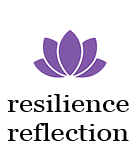
Reflect:
What would shift if you regularly asked, “What else could be true?”
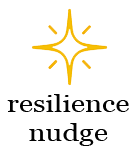
Nudge:
- Start a “What went well?” list at the end of each day—even small wins count.
- Set one goal this week that is small, meaningful, and doable. Progress fuels optimism more than success does.
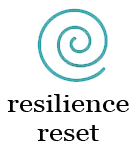
Reset:
Real optimism begins by facing reality—and choosing hope anyway.
To Read:
“Learned Optimism” by Dr. Martin Seligman – A foundational book that explains how we develop pessimistic thinking—and how to train ourselves to shift into a more resilient, hopeful mindset.
To Watch:
TED Talk: “The Surprising Habits of Original Thinkers” by Adam Grant – While not only about optimism, this talk offers insights into how creative thinkers deal with doubt, possibility, and the belief in what might work.
Next:
In the next article, we’ll explore self-efficacy—how confidence grows from effort, not ease, and how remembering your past wins can fuel what’s next.
